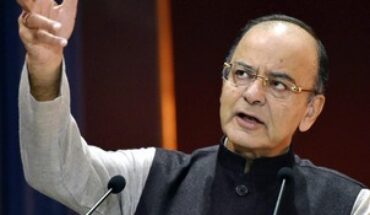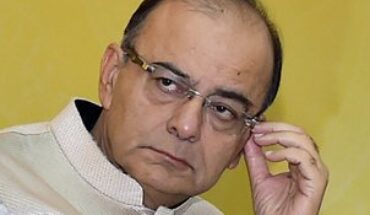Free flow of data across borders will encourage global companies to contribute to India’s digital economy as well as benefit Indian startups that are looking at expanding globally, Google CEO Sundar Pichai has told IT Minister Ravi Shankar Prasad.
In a letter dated September 5, Pichai reportedly said Google shares the vision of creating a truly ‘Digital India’ and that the company remains firmly committed to being part of India’s growth story. He also thanked Prasad for his visit to Google’s Mountain View campus last month.
“Free flow of data across borders – with a focus on user privacy and security – will encourage startups to innovate and expand globally and encourage global companies to contribute to India’s digital economy,” he was quoted as suggesting.
He further said the company’s team in India will be in touch with his office to follow up on some of the specific topics that were discussed during their meeting.
Google did not respond to e-mailed queries on the matter. The development comes at a time when the government is working on a data protection framework for the country.
In July, a high-level panel headed by Justice B N Srikrishna had submitted its recommendations and the draft bill on data protection to Prasad, reported PTI.
It had suggested steps for safeguarding personal information, defining obligations of data processors as also rights of individuals, and mooting penalties for violation. The government has sought public feedback on the contours of the draft Bill by September 30.
The areas covered by the recommendations include consent, what comprises personal data including sensitive personal data, exceptions which can be granted, grounds for processing data, storage restrictions for personal data, individual rights and right to be forgotten. It also imposes conditions on the cross-border transfer of personal data, the PTI report highlighted.
The draft reportedly suggests that every data fiduciary in India shall ensure the storage of at least one serving copy of personal data on a server or data centre located in India. The government can notify certain categories of personal data as critical personal data that would have to be stored in a data centre located within India.
Free cross-border data flow will help startups, says Google
Published Date: 09-09-2018 | 1:50 pm





